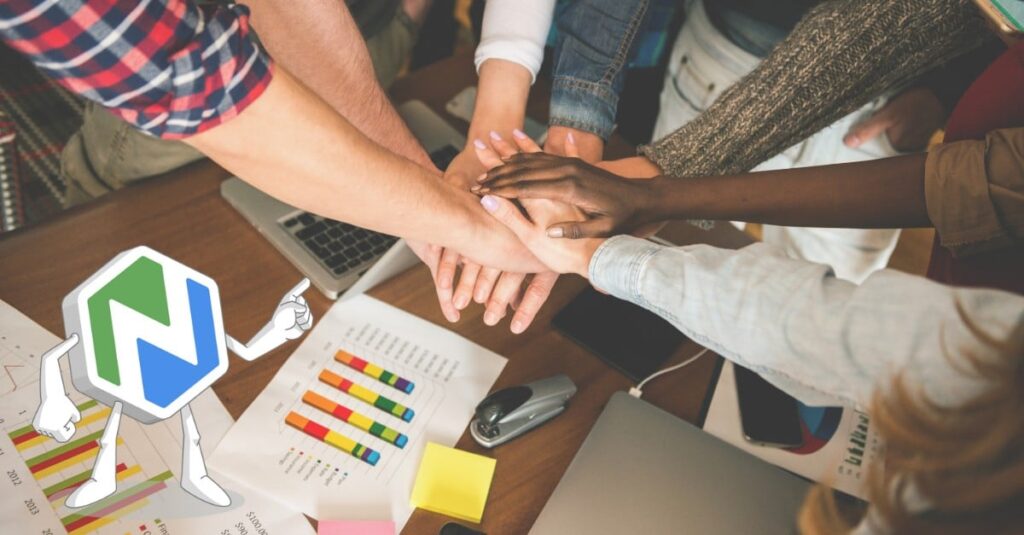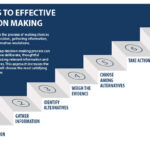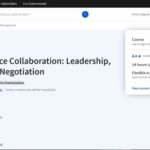You know that feeling, right? The one where you’re handed a group project, and your first thought isn’t "Yay, collaboration!" but rather "Oh no, who am I stuck with this time?" Or maybe you’re at work, and a team meeting feels more like a monologue competition than a shared discussion. For a long time, that was me. I used to think teamwork was just… something you did, a necessary evil, often leading to frustration and uneven workloads.
Then, a gentle nudge (okay, maybe a firm push from my manager) led me to enroll in a "Teamwork Course." To be honest, I wasn’t thrilled. I pictured endless PowerPoints, awkward icebreakers, and generic advice. But what I found was completely different. It wasn’t just a course; it was a journey that completely changed how I see myself, my colleagues, and the power of working together.
Why I Needed a Teamwork Course (Even Though I Didn’t Think I Did)
Before this experience, my approach to group tasks was pretty simple: if I wanted it done right, I’d just do it myself. This, as you can imagine, led to a lot of solo effort, burnout, and sometimes, resentment. I wasn’t great at delegating, even worse at listening, and conflict? I avoided it like the plague. My manager noticed, and gently suggested this course could help me "refine my collaborative skills." I signed up with a mix of skepticism and a tiny flicker of hope.
Stepping Into the Unknown: My First Impressions
Walking into that training room, I expected a stiff, academic setting. Instead, it felt warm, open, and surprisingly active. There were about fifteen of us, from different backgrounds and industries. The instructor, Sarah, immediately put us at ease. She didn’t just lecture; she shared stories, asked thought-provoking questions, and made us feel like our individual experiences mattered. It wasn’t about "fixing" us, but about giving us tools to build something better.
The Real Gold: What I Learned in My Teamwork Course
The course wasn’t just theoretical; it was packed with practical exercises, discussions, and even some fun challenges. Here are the biggest takeaways that really stuck with me:
1. Communication Isn’t Just Talking – It’s Listening
I used to think I was a good communicator because I could articulate my ideas. But the course taught me about active listening. This isn’t just hearing words; it’s understanding the message, the emotion, and the perspective behind them. We did exercises where one person spoke, and the other had to paraphrase what they heard before responding. It sounds simple, but it’s incredibly powerful. It made me realize how often I was just waiting for my turn to speak, rather than truly absorbing what others were saying.
2. Conflict Can Be a Good Thing (Seriously!)
This was a big one for me. I used to dread disagreements, seeing them as a sign of a failing team. Sarah showed us that healthy conflict, where ideas are challenged respectfully, actually leads to stronger solutions. We learned techniques for constructive disagreement, like focusing on the problem, not the person, and finding common ground. It taught me how to disagree well, and to see differing opinions as opportunities for innovation, not obstacles.
3. Understanding Roles and Strengths
One of the coolest parts was an activity where we identified our own strengths and weaknesses within a team setting. Some people were natural planners, others were idea generators, some were great at keeping morale high, and others excelled at execution. The course emphasized that a strong team isn’t about everyone being good at everything; it’s about recognizing individual talents and leveraging them. It showed me that my "lone wolf" tendencies could actually be a strength in certain areas, as long as I knew when to step back and let others shine.
4. Building Trust Isn’t Instant, It’s Built Through Action
Trust isn’t just given; it’s earned. The course highlighted how consistency, reliability, and honesty are the pillars of trust within a team. We discussed scenarios where trust breaks down and how to rebuild it. It was eye-opening to see how small actions, like following through on a commitment or admitting a mistake, contribute significantly to a trusting environment.
5. The Power of Shared Goals and Vision
When everyone is pulling in the same direction, incredible things happen. The course emphasized the importance of clearly defining team goals and ensuring everyone understands why those goals matter. It’s not enough to just assign tasks; people need to feel connected to the bigger picture. This shared vision creates a sense of purpose and collective ownership that fuels motivation.
Beyond the Classroom: Real-World Impact
Leaving that teamwork course, I felt like I had a new pair of glasses. I started seeing interactions at work differently. Instead of just reacting, I was applying the tools I’d learned.
I found myself:
- Asking more clarifying questions in meetings.
- Encouraging quieter team members to share their thoughts.
- Approaching disagreements with a desire to understand, not just to "win."
- Volunteering for tasks that played to my strengths, and confidently delegating others.
My relationships with colleagues improved dramatically. Projects felt smoother, and honestly, work became more enjoyable. The frustration I used to associate with group work largely disappeared, replaced by a sense of shared accomplishment.
Is a Teamwork Course Right for You?
If any of my pre-course struggles sound familiar, or if you simply want to boost your professional and personal interactions, I wholeheartedly recommend finding a good teamwork course.
It’s not just for people who "struggle" with teams. It’s for anyone who wants to:
- Communicate more effectively.
- Resolve conflicts constructively.
- Lead or participate in projects with greater impact.
- Build stronger relationships at work and beyond.
- Feel more confident in group settings.
Whether you’re a student facing your first group assignment, a seasoned professional looking to improve your leadership, or someone who just wants to feel more comfortable and effective when working with others, this kind of training can be incredibly valuable.
Looking back, that teamwork course wasn’t just a few days out of my schedule; it was a fundamental shift in how I operate. It turned my "oh no" into "let’s do this," and for that, I’m truly grateful. It taught me that while individual effort is important, the true magic often happens when we learn to truly work as one.



